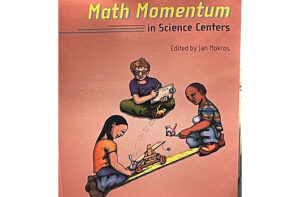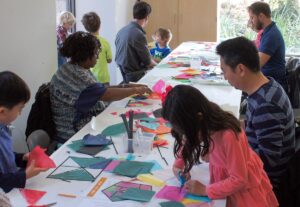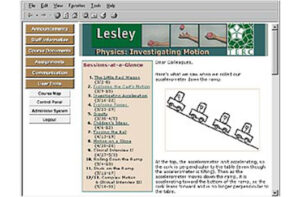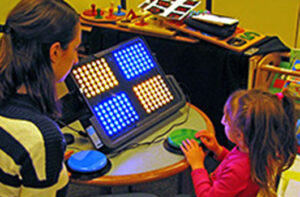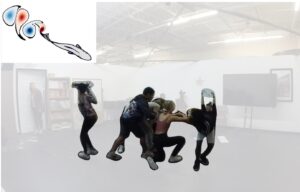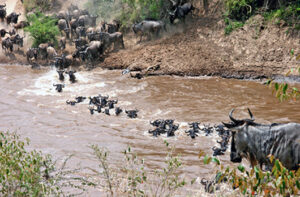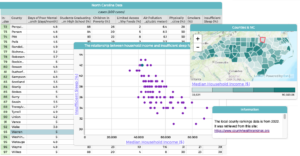Alternative Systems for Human Waste Management
Principal InvestigatorsMartha Merson, Nickolay Hristov, Betsy Towns
Project Staff
Elise Levin-Güracar
Participating Researchers
Jolie Gutentag, Shawn Shafner
SummaryThis project lays the groundwork for community conversations about the design and deployment of strategies for alternative solutions to human waste.
Functional flush toilets in the US are the norm, but intense storms can create problems with sewage and waste treatment, taking systems offline and leaving residents to improvise interim solutions.
In this research planning phase, an interdisciplinary team of artists, designers, public servants, and STEM educators will open discussions of alternative solutions for managing waste and mitigating flooding impacts. Alternatives may become intriguing, palatable, and even desirable to our neighbors. Our goal is to pilot a survey and facilitated conversations that engage participants in designing approaches to manage humanure, an intensely intimate, stigmatized, “ick” part of life. The team will recruit recreational enthusiasts as well as others. During facilitated conversations of mixed audiences, project leaders will:
- Consult with and engage NC residents to identify priorities, values, areas of curiosity, and preferences.
- Lay the groundwork for a market segmentation study that solicits responses from a wide range of folks clarifying opportunities and challenges to adoption of alternative solutions.
ImpactWhen new solutions become available, pushback can derail adoption. Without significant efforts on the front end to design deployment strategies, innovative, cost-saving, alternative solutions might face resistance and fail to be widely adopted. Findings will be relevant to municipal planners who need public buy-in to manage change.
Funded by the NSF Responsible Design, Development, and Deployment of Technologies (ReDDDoT) programThe NSF ReDDDoT program is a collaboration with philanthropic partners and crosses all disciplines of science and engineering. The program seeks to ensure ethical, legal, community, and societal considerations are embedded in the lifecycle of technology’s creation and use. The program supports research, implementation and education projects involving multi-sector teams that focus on the responsible design, development or deployment of technologies.
Martha Merson, Nickolay Hristov, Betsy Towns
Project Staff
Elise Levin-Güracar
Participating Researchers
Jolie Gutentag, Shawn Shafner
This project lays the groundwork for community conversations about the design and deployment of strategies for alternative solutions to human waste.
Functional flush toilets in the US are the norm, but intense storms can create problems with sewage and waste treatment, taking systems offline and leaving residents to improvise interim solutions.
In this research planning phase, an interdisciplinary team of artists, designers, public servants, and STEM educators will open discussions of alternative solutions for managing waste and mitigating flooding impacts. Alternatives may become intriguing, palatable, and even desirable to our neighbors. Our goal is to pilot a survey and facilitated conversations that engage participants in designing approaches to manage humanure, an intensely intimate, stigmatized, “ick” part of life. The team will recruit recreational enthusiasts as well as others. During facilitated conversations of mixed audiences, project leaders will:
- Consult with and engage NC residents to identify priorities, values, areas of curiosity, and preferences.
- Lay the groundwork for a market segmentation study that solicits responses from a wide range of folks clarifying opportunities and challenges to adoption of alternative solutions.
ImpactWhen new solutions become available, pushback can derail adoption. Without significant efforts on the front end to design deployment strategies, innovative, cost-saving, alternative solutions might face resistance and fail to be widely adopted. Findings will be relevant to municipal planners who need public buy-in to manage change.
Funded by the NSF Responsible Design, Development, and Deployment of Technologies (ReDDDoT) programThe NSF ReDDDoT program is a collaboration with philanthropic partners and crosses all disciplines of science and engineering. The program seeks to ensure ethical, legal, community, and societal considerations are embedded in the lifecycle of technology’s creation and use. The program supports research, implementation and education projects involving multi-sector teams that focus on the responsible design, development or deployment of technologies.
When new solutions become available, pushback can derail adoption. Without significant efforts on the front end to design deployment strategies, innovative, cost-saving, alternative solutions might face resistance and fail to be widely adopted. Findings will be relevant to municipal planners who need public buy-in to manage change.
The NSF ReDDDoT program is a collaboration with philanthropic partners and crosses all disciplines of science and engineering. The program seeks to ensure ethical, legal, community, and societal considerations are embedded in the lifecycle of technology’s creation and use. The program supports research, implementation and education projects involving multi-sector teams that focus on the responsible design, development or deployment of technologies.

Content Areas:
 Engineering
Engineering Out of School / Informal Education
Out of School / Informal Education Science
Science Technology
Technology
Funder:
National Science Foundation
Award Number:
2427679
North Carolina School of the Arts
Dates:Sept. 2024-Feb. 2026
Read the press releaseShare This Page:


